The Future of Accounting Training: Emerging Technologies and Innovations
In the ever-evolving world of accounting, staying ahead of the curve is crucial for professionals and businesses alike. The landscape of accounting training is being transformed by emerging technologies and innovations, reshaping how we learn and apply accounting principles. Here’s a look at what the future holds for accounting training and how these advancements can benefit you.
1. Integration of Artificial Intelligence (AI)
Artificial Intelligence is revolutionizing many industries, and accounting is no exception. AI-powered tools are enhancing the accuracy and efficiency of financial analysis and reporting. Training programs are increasingly incorporating AI to help professionals understand how to leverage these technologies for data analysis, fraud detection, and predictive analytics.
2. Adoption of Blockchain Technology
Blockchain technology is gaining traction in accounting for its potential to provide transparent and immutable financial records. Training courses are now including blockchain fundamentals to prepare accountants for its applications in auditing, transaction verification, and smart contracts.
3. Advanced Data Analytics
The rise of big data has led to a growing emphasis on data analytics in accounting. Training programs are focusing on equipping accountants with skills in data visualization, statistical analysis, and business intelligence tools. These skills are essential for making informed financial decisions and deriving insights from complex datasets.
4. Cloud Computing
Cloud technology is streamlining accounting processes by offering scalable and accessible solutions for financial management. Accounting training now often covers cloud-based software and platforms, teaching professionals how to manage and secure financial data in a cloud environment.
5. Virtual and Augmented Reality
Virtual and Augmented Reality (VR and AR) are emerging as innovative tools for immersive training experiences. These technologies provide interactive simulations and scenarios that help accountants practice their skills in a controlled, virtual setting, enhancing learning outcomes.
6. Cybersecurity Training
With the increase in digital transactions and data storage, cybersecurity is becoming a critical aspect of accounting. Training programs are incorporating cybersecurity education to help accountants understand how to protect sensitive financial information and ensure compliance with data protection regulations.
7. Remote Learning and Online Platforms
The shift towards remote work and online learning has accelerated the development of virtual training platforms. These platforms offer flexible, accessible, and interactive learning experiences, allowing professionals to enhance their skills from anywhere in the world.
8. Customized Learning Paths
Personalized learning experiences are becoming more prevalent, with training programs offering customized paths based on individual needs and career goals. This approach ensures that professionals receive targeted education that aligns with their specific areas of interest and expertise.





